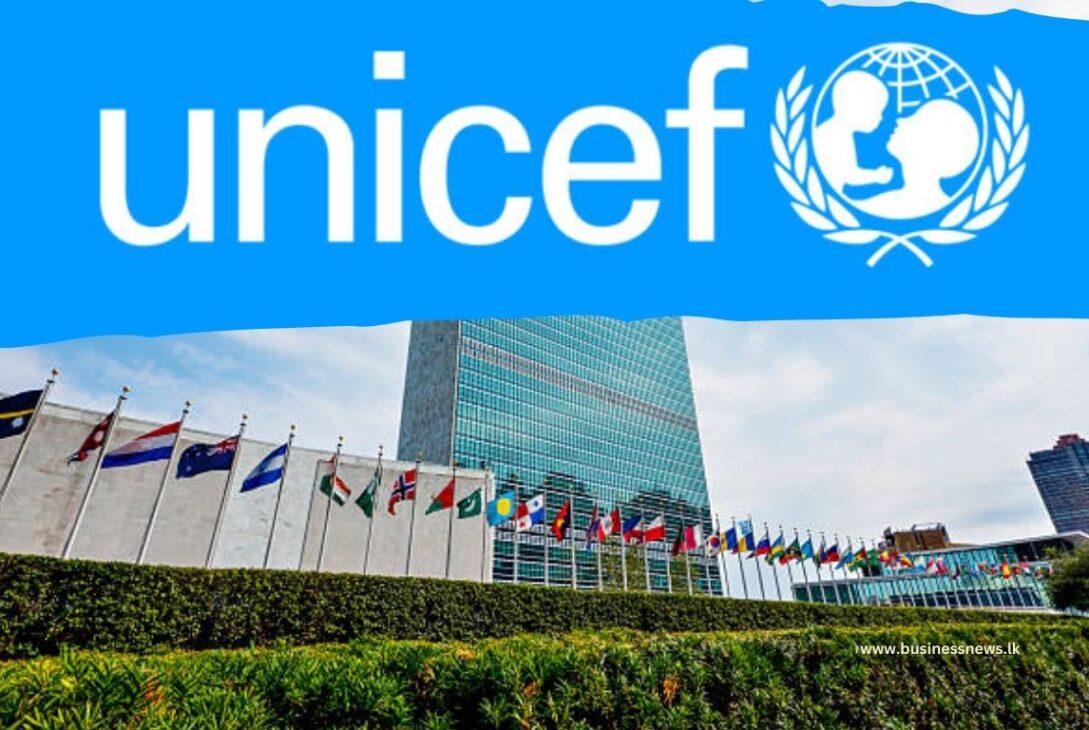UNICEF has launched an emergency tender to secure mpox vaccines, aiming to combat the outbreak declared a public health emergency by the Africa CDC and WHO. This strategic move focuses on providing vaccines to the most affected regions, particularly in Africa, through partnerships with Gavi, WHO, and the Pan American Health Organization. The goal is to increase access and timely allocation by facilitating vaccine donations from high-income countries’ stockpiles.
To expedite vaccine distribution, UNICEF will establish conditional agreements with manufacturers, enabling rapid procurement and shipment once financing and regulatory approvals are confirmed. The WHO is currently reviewing vaccine data for Emergency Use Listing, with a decision expected by mid-September.
The situation in the Democratic Republic of the Congo is dire, with over 18,000 suspected cases and 629 deaths reported this year, 80% of which are children. UNICEF Supply Division Director Leila Pakkala highlights the urgent need for a transparent allocation mechanism to ensure equitable access to vaccines.
Africa CDC, along with global health partners, stresses that a swift and unified response is essential to control the spread of the disease and protect vulnerable communities. Efforts are also focused on infection prevention, risk communication, and community engagement, with UNICEF deploying medical supplies, diagnostic tools, and personal protective equipment to the affected areas.
As the world’s largest vaccine buyer, UNICEF is committed to leveraging its resources and partnerships to address this public health emergency and prevent future outbreaks. The tender aims to secure up to 12 million vaccine doses through 2025, depending on funding and production capacities, to safeguard communities from mpox and other infectious threats.
What is mpox?
Mpox is an infectious disease caused by the monkeypox virus (MPXV), part of the Orthopoxvirus genus. It presents with symptoms like a painful rash, fever, swollen lymph nodes, and low energy, with most people recovering fully, though some become seriously ill.
The virus has two main clades: clade I (subclades Ia and Ib) and clade II (subclades IIa and IIb). A global outbreak of clade IIb started in 2022 and continues, while clades Ia and Ib are increasingly affecting the Democratic Republic of the Congo and other African countries. Clade Ib has recently spread beyond Africa. The virus’s natural reservoir is unknown, but small mammals like squirrels and monkeys are believed to be susceptible.
Last modified: September 2, 2024












